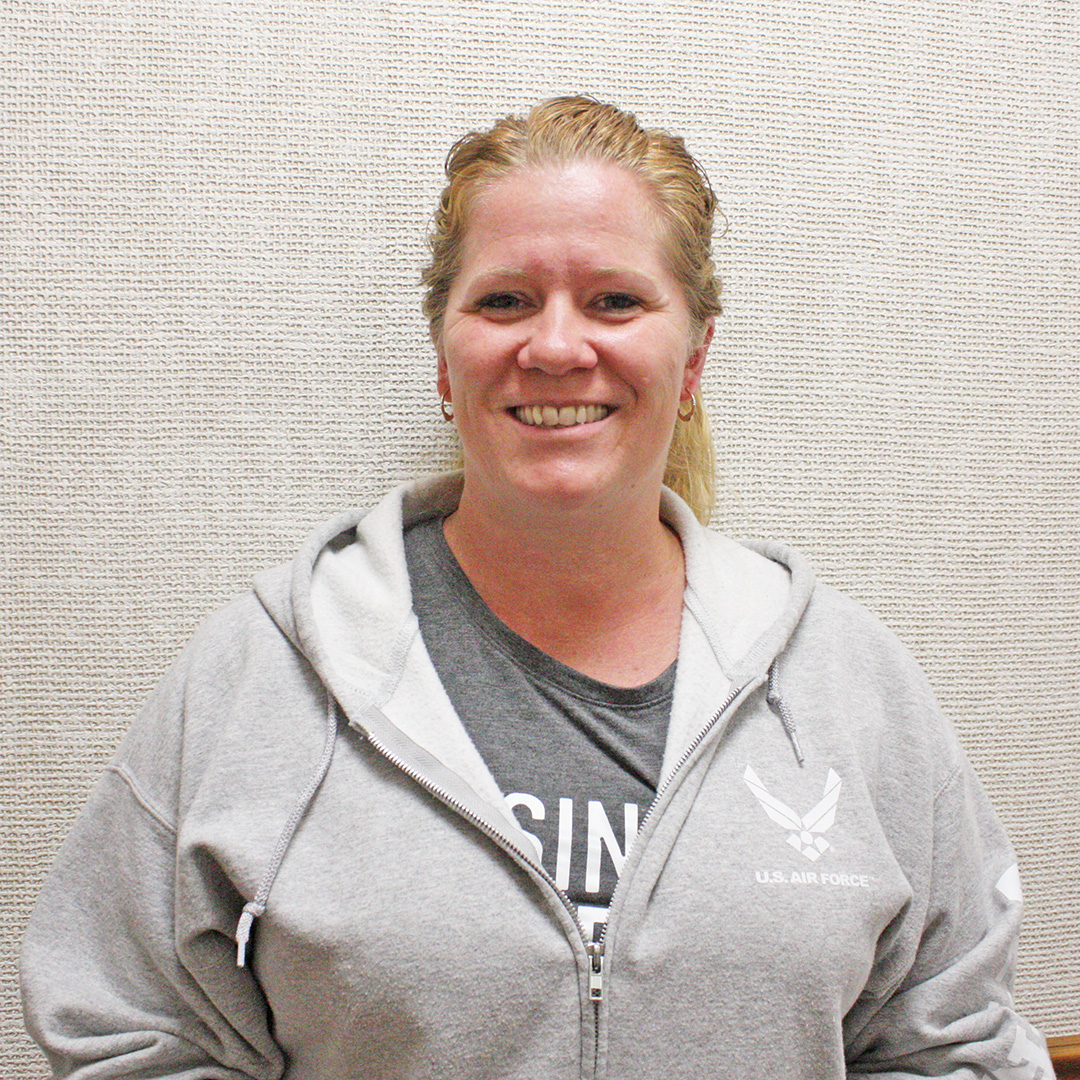Business sponsors to pay for videoboard


Two businesses have already pledged enough money to cover the extra cost of a video scoreboard purchased last month by the Marathon School District, according to superintendent Angela Woyak at last week’s school board meeting. Woyak said the district has signed advertising contracts with two “super anchor” sponsors that have agreed to each pay $10,000 per year for the next five years for both traditional signage and digital displays on the 7-by-25 foot videoboard during basketball games.
“We have the two super anchors secured, so that means the videoboard is paid for,” she told the board, though she declined to name the businesses at this point.
The super anchors will also be able to run 30-second ads before and during games or display a full-color logo with messages. Business names will also be used in promotional spots, such as the “starting line-up brought to you by….” Other perks include two free admission passes for each game, social media posts and opportunities for promotional giveaways and contests.
Besides the two super anchor spots, the district is also offering six “anchor” sponsorship spots, at $5,000 per year, and “premier” spots for $1,000 per year. All together, the district hopes to take in $60,000 per year in sponsorships for the new scoreboards, which is $6,000 more than the $54,000 per year the district is obligated to pay as part of a fiveyear lease-to-own agreement with Daktronics, the scoreboard vendor.
At this point, if the district were to secure an additional $139,000 in sponsorships for the next five years, Woyak said the entire cost of all the new scoreboards and sound systems ordered from Daktronics will be covered.
In August, the board voted 3-2 to purchase a nearly $243,000 package from Daktronics that includes a videoboard with a synced scoreboard in the main high school gym, plus a new sound system at the main gym, new traditional scoreboards and sound systems for the football field and the gym at Marathon Venture Academy/ Marathon Area Elementary.
The board also had the option of spending $133,500 to replace the scoreboard in the main gym with a standard board and also replace the scoreboards in the high school’s auxiliary gym and at MVA/MAES (four boards total). Instead, a majority of the board voted to spend an additional $109,375 for the videoboard option.
Installation of the new scoreboards and sound systems is expected by mid-November, just in time for the start of the basketball season. The district’s current scoreboards and sound systems have a habit of malfunctioning, with the scoreboard at the outdoor field going dark during the Raiders home football game on Sept. 5.
Besides the opportunity for raising more revenue, Woyak said the district pursued the videoboard option to better highlight its student athletes and provide an opportunity for students to participate in realworld sports marketing activities.
Woyak said a sports marketing curriculum developed by Daktronics is “on its way,” and headshots are being taken of student athletes to be displayed on the videoboard.
In response to questions that she’s received from community members, Woyak said she wanted to point out that the videoboard will not be used to run replays or challenge calls made by referees.
“That’s not a part of this whatsoever,” she said.
Going forward, Woyak said she is continuing to seek additional sponsors among the local business community by sending out informational flyers letting them now about promotional opportunities.
In response to a question from board member Lia Klumpyan, Woyak confirmed that no money from the district’s general fund for academics will be needed for this new technology.
Klumpyan, one of two board members to vote against the videoboard, said she realizes that some people are really excited about the upgrade, but not everyone supports the decision.
“I’m telling you that I’ve heard many comments from people who are not happy about this,” she said. “My comment to them is ‘You read my comments and you saw my vote, and I’m hoping that it works.’ That’s all I’ve said, so I’m glad to hear that there’s something settled.”
Board member Ted Knoeck, who voted for the videoboard, said the district needed to replace the existing scoreboards and sound systems anyway, and any additional money raised at this point will offset the district’s expense.
“So, the extra has been paid for based on two sponsors, correct?” he said. “So, either way, we are right now back to the beginning, without going to the next level of sponsorship.”
As someone who is new to the district, Woyak said she would appreciate the help of board members in the future when seeking further sponsorships.
“I’ve had incredible conversations with great potential,” she said. “Most are very open to it and want to learn more.”
Field trip rules revised
By a vote of 4-1, the board approved a new set of guidelines for district-sponsored field trips that differentiates between “curricular” trips that support academic and athletic goals (such as competitions and conferences) and “special” trips that are geared more toward recreational excursions.
A new request form for advisors and coaches to fill out was provided to the board for review and approval after questions were raised during a previous conversation about a planned trip to Cincinnati, Ohio next spring for an estimated 20 members of the varsity baseball team.
For curricular trips, teams and clubs can rely partially or fully on school district funding, and permission only needs to be sought two to four weeks ahead of time. Special trips, on the other hand, will require at least eight weeks of advanced notice and are more likely to require fundraising or self-funding by students, with a limit of $1,000 in district funding.
Special trips will also be subject to more restrictions, such as no more than one per year for each club or sport, no more than two days of school missed and an 8-to-1 chaperone-to-student ratio (compared to 10-to-1 for curricular trips). Woyak said greater supervision is often needed for less structured activities.
Knoeck, the lone no vote against the policy, raised concerns about allowing multiple sports teams to take trips at the same time every year, usually around spring break, and spending $1,000 per trip. He said students in athletics already have plenty of opportunities to travel within the state for competitions.
“I don’t think every year is appropriate for somebody to be leaving the state and every year they’ll be gone for two days (of class),” he said. “I personally think it should be an every other year opportunity.”
In response to his concerns about overlapping trips, the board added a bullet point about transportation availability and other considerations.
Other business
■ Tasha Stencil was approved as a junior varsity volleyball coach, and the following volunteers were approved for the fall musical: Brad Riesgraf, Tera Fieri, Teressa Ciejka, Delos Adamski, Melissa David and Noelle Marks.
■ MVA principal Max Wienke presented a 2023-2025 progress report on the charter school, which evaluates “mastery of knowledge and skills,” student character and high quality work. Some of the highlights include over 80 percent of MVA students scoring as “advanced,” “achieving” or “approaching” standards in literacy and math, and 40 percent of students routinely being named “Citizen Scholars.”
In reviewing the MVA charter recently, Wienke said the governance board realized it has not been keeping up with its obligation to present goals to the school board each November and then reporting on its progress the following year.
“It sounds like, in my discussions with the board, that hasn’t been done in several years,” he said, noting that he plans on reestablishing that routine in November.
■ High school principal Dave Beranek reported that Marathon High School has been ranked the second best school of the 12 in the Wausau Metro Area by U.S. News and World Report. The rankings are based on state test scores, college readiness and graduation rates, among other factors.
■ Woyak announced that the district has been awarded a $94,000 grant from the IRS for clean energy tax credits generated by the solar panels on the new outdoor classroom at MVA/MAES. The money will be used to help cover the costs of the new classroom.
■ Woyak told the board that a mental health therapist will now be available to meet with students during the school day, with the option to seek further counseling services using parents’ insurance.




